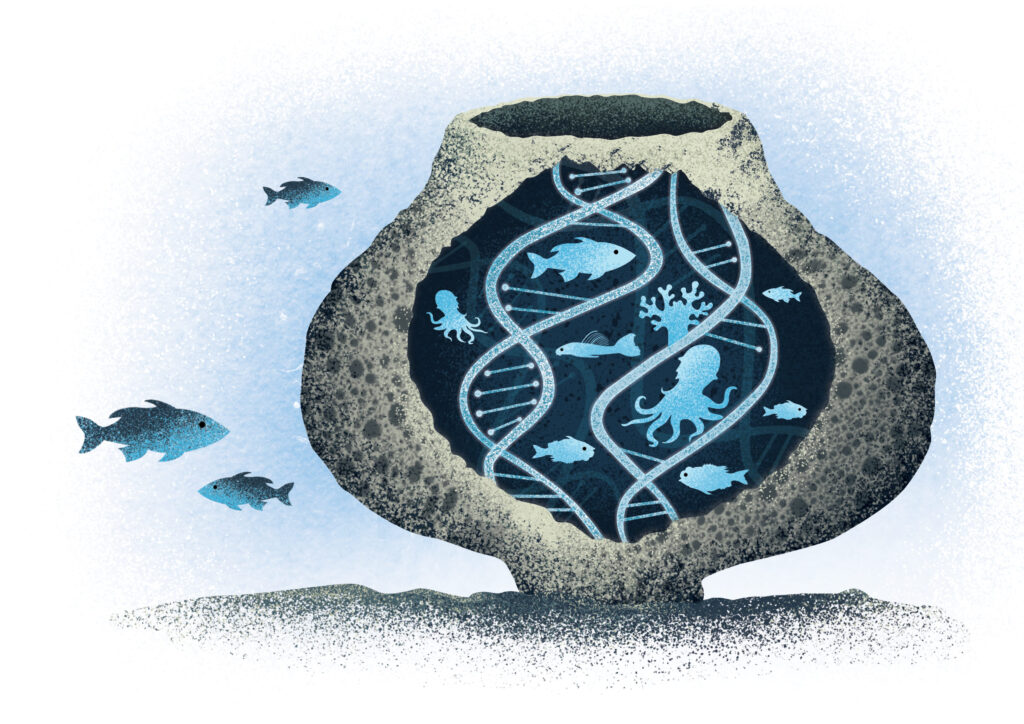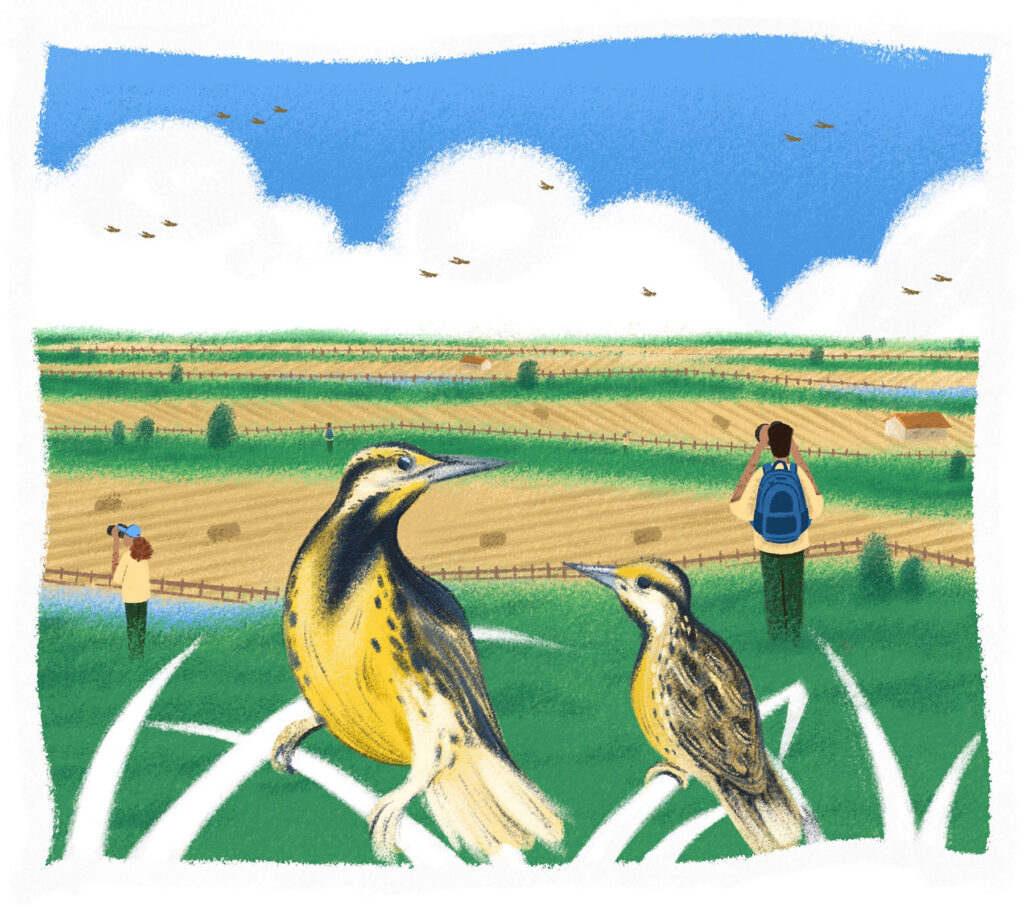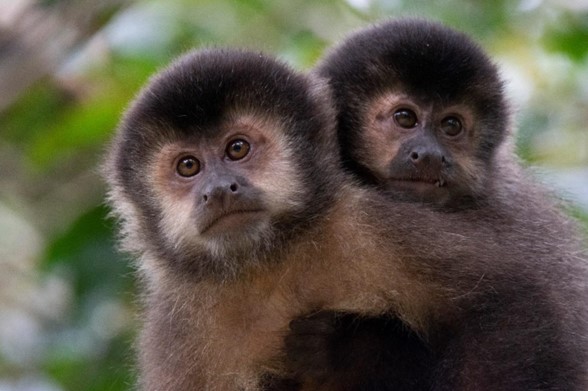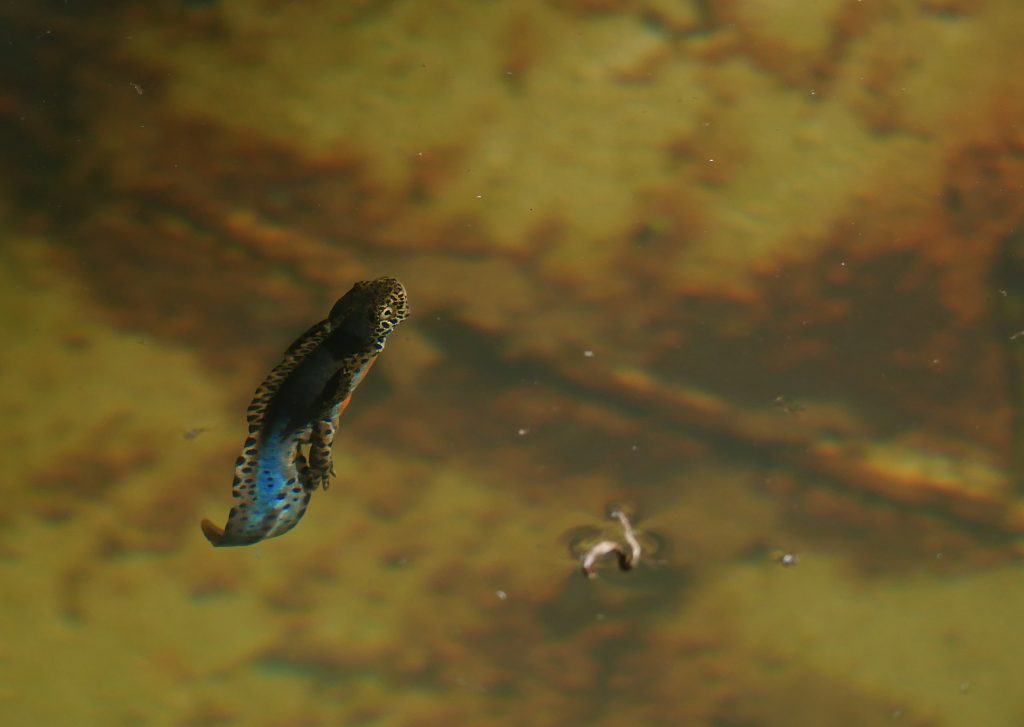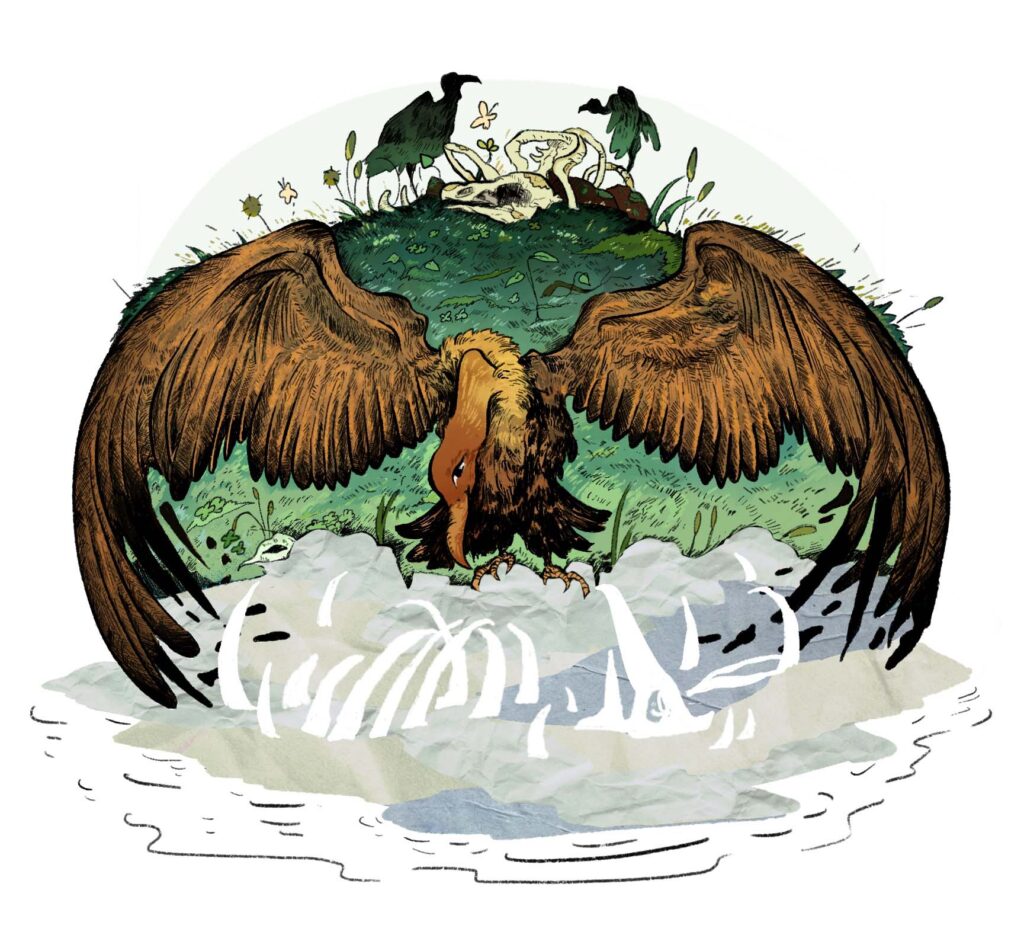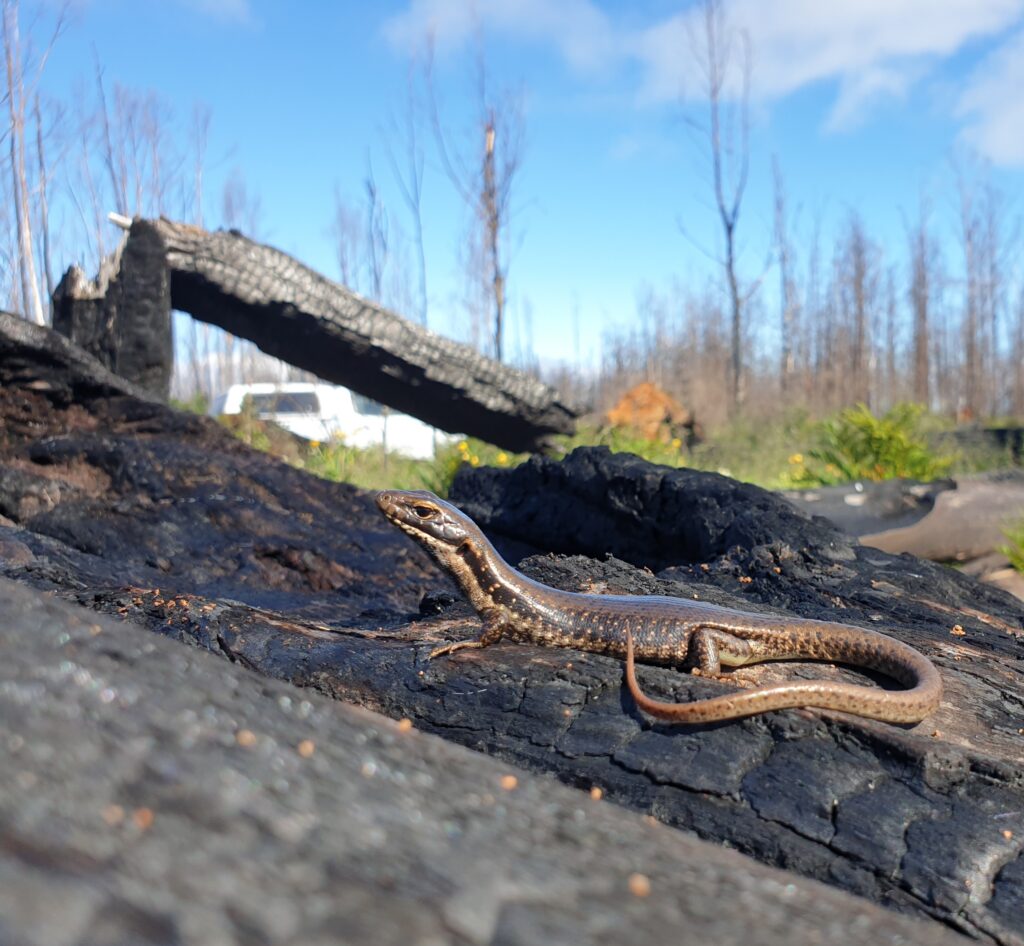Coffee is the second most traded crop in the world, after crude oil. It is worth 70 billion in the global retail market. India contributes to the market, being the 7th largest producer of coffee in the world with Brazil being the largest producer in the world. In India, Karnataka is the largest coffee-producing state. Kodagu and Chikmangalur being the two important coffee producing districts.

Coffee is usually grown under dense shade trees. This is why the coffee agro-forests are considered an important refuge for biodiversity. Many bees, birds and small mammals are sighted in these plantations.
Smitha Krishnan’s PhD thesis aims to assess the contribution of bees to coffee production in Kodagu. Bees are important pollinators and play a vital role in producing many crops, including coffee.
There are two types of coffee predominantly being cultivated: Coffea arabica and C.robusta. This study focuses on the robusta variety which contributes to 81% of coffee production in Kodagu. Robusta is cross-pollinated by wind and insects, of which bees are the largest contributors. The study indicates that the contribution of bees to fruit set is 33% (67% by wind). Bees are also important in enhancing the quality of the fruit and enhancing pollination success. The results of the study show that Apis dorsata (Giant rock bee), Apis cerana indica (Asian honey bee) and Tetragonula iridipennis (Indian stingless bee) are the main pollinators of coffee.

The studies compared fruit set between wind-pollinated flowers and open-pollinated flowers (flowers pollinated by wind and insects), the results indicated flowers that were open-pollinated had twice the number of pollen grains than wind-pollinated flowers. Bees contributing to 33% of fruit set.
The study says Apis dorsata or the rock bee, which is the largest contributor of insect pollination, nests in large native trees with horizontal branches. These trees are increasingly disappearing due to change in management techniques in coffee agrosystems. The protection of such trees will contribute to a continuous and steady coffee yield.
Further Reading
- Smitha Krishnan’s PhD thesis.
- Krishnan, S. and Ghazoul, J. (2012) Importance of bees, shade trees and forests in coffee production in Kodagu. Indian Coffee. Vol. 76, No. 1 pp.10-12. ref.9
- Krishnan, S., Kushalappa, C., Shaanker, R., & Ghazoul, J. (2012). Status of pollinators and their efficiency in coffee fruit set in a fragmented landscape mosaic in South India. Basic And Applied Ecology, 13(3), 277-285. https://doi.org/10.1016/j.baae.2012.03.007
- Krishnan S., Cheppudira K.G., Ghazoul J. (2017) Pollinator Services in Coffee Agroforests of the Western Ghats. In: Dagar J., Tewari V. (eds) Agroforestry. Springer, Singapore. https://doi.org/10.1007/978-981-10-7650-3_32
